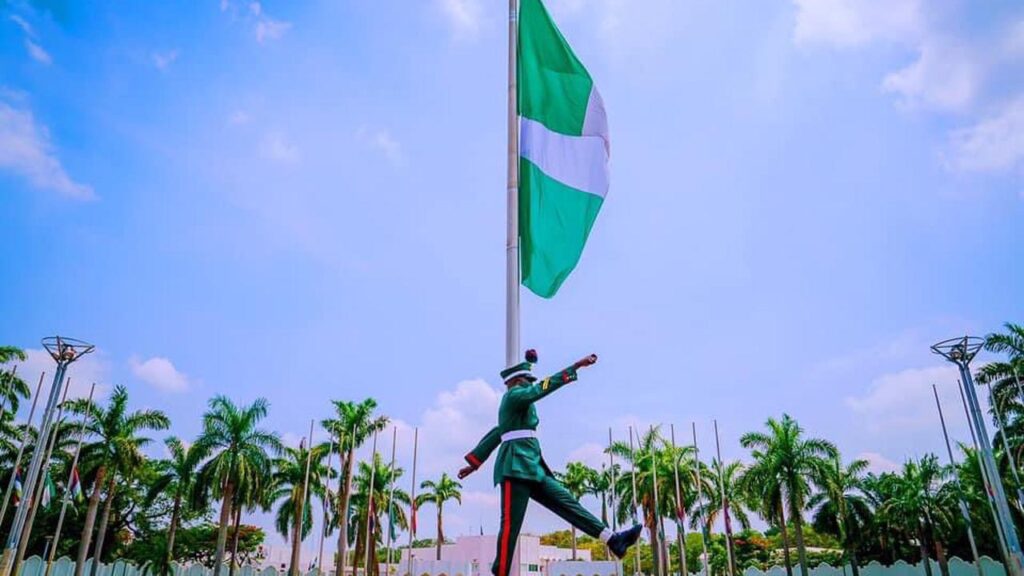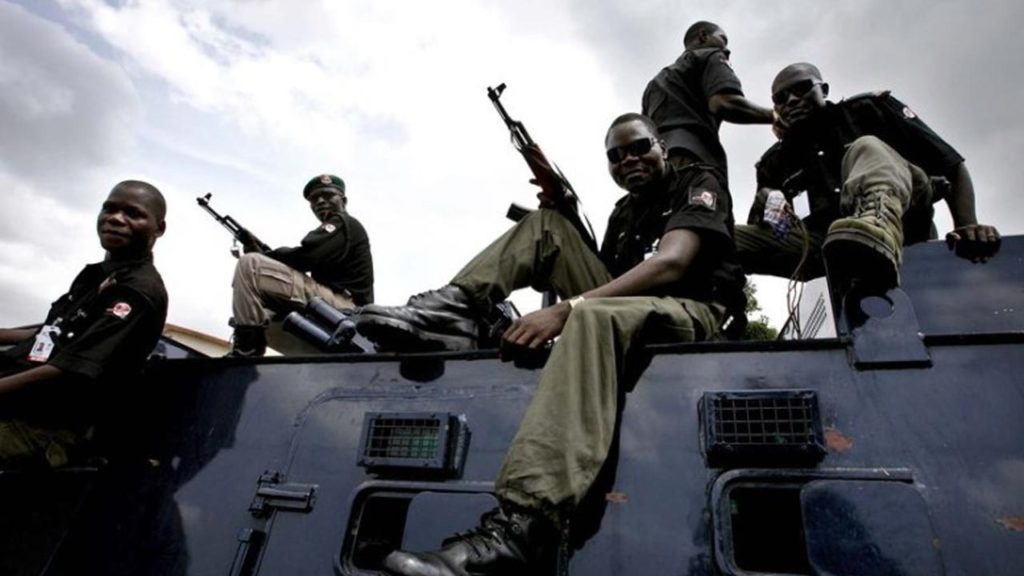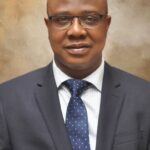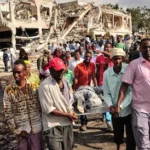Continued from yesterday

This represented 40.42% of the $2,913,088,908 payment made by all the 15 member States, and higher than the payments made by 12 other countries put together, except Ghana and Cote d’Ivoire, which contributed 17.45% and 11.9%, respectively.
Benin, Burkina Faso, Cape Verde, Guinea, Guinea Bissau, Gambia, Liberia, Mali, Niger, Senegal, Sierra Leone, and Togo paid a total of $879,711 million. Guinea Bissau paid the lowest amount, representing 0.2 per cent of total community levy proceeds in the 16 years under review.
Nigeria, with an estimated 200 million population accounts for about half of ECOWAS’ estimated 400 million people. Apart from the community levy, the country also plays a leading role in the contribution of troops and financial resources for regional, continental and international peacekeeping missions. Nigeria spent more than six billion dollars on peacekeeping efforts in Liberia and Sierra Leone, which was not refunded, excluding the human losses.
Nigeria usually bails out ECOWAS, including in the payment of staff salaries and bilateral supports to other member States, especially towards ensuring peaceful elections in Liberia, Sierra Leone, Guinea Bissau, Niger, to name a few. But the country is often treated with disdain or regarded as a spendthrift. Nigeria’s long-standing sacrifices do not square up with its under-representation and influence in most international organisations, especially ECOWAS and the AU.
For instance, while Nigeria respects the host country instrument in not seeking the two prime positions at the ECOWAS Commission – President and the Vice President – the country has only one Commissioner at the ECOWAS Commission today. Also, junior-level positions normally reserved for a host country are often taken up by other nationals at the Commission.
The situation is not any better in other ECOWAS Institutions and Specialized Agencies, such as the Community Court, Parliament, ECOWAS Bank for Industrial Development (EBID), or in the appointment of Special Representatives to countries and international organizations such as the United Nations, ACP/EU in Brussels or senior-level positions at the ECOWAS Commission’s Directorates and Divisions.
Indeed, is it not ironic that ECOWAS, which struggles with financial challenges could decide to increase the number of its highly paid Commissioners from nine to 15, based on an unreasonable argument that every member must produce a Commissioner? Nigeria has kicked against this wasteful move, but Cote d’Ivoire and Ghana which are enjoying better role allocations are adamant. Apart from their hefty remunerations and allowances, more Commissioners mean an expansion of the bureaucracy – directorates, divisions, and red-tape. When President Buhari raised the issue a few years ago, he was assured that the budget for nine Commissioners would be used to finance the 15-Commissioner structure. But it proved to be a subterfuge as the situation has not changed amid a lack of funds for Community projects.
Nigeria must prevail on the leaders of the organisation that if every ECOWAS Member State desires a Commissioner beyond the manageable nine, such a member should bear the costs and the accompanying administrative overheads for such appointment. This position must be strongly insisted upon, especially as the economic climate in the world demands effective resource management that calls for a lean and nimble structure.
Nigeria should ensure that the current selection of the Chair of ECOWAS Authority based on alphabetical order and the zoning of statutory positions must be reviewed to produce a more qualitative outcome. For instance, as in the AU and EU, the recruitment process should be much more rigorous and transparent involving independent and proven external management experts.
Some development partners have also complained about frustrations with the lack of proactivity by the ECOWAS leadership which has remained in the main self-consuming, to the extent that it pays scant attention to the sustainable absorption of funds or burning rate, to the greater benefit of the Community citizens. Nigeria must spearhead reforms that will ensure that the community does not continue to lose out on donor funds and projects.
Another area that requires Nigeria’s urgent attention is an investigation into the selection or composition of ECOWAS election observers, and the strange activities of top officials of the Community. Unlike in the past when observers were selected from a database of trained and experienced specialists, the lack of merit and competence as criteria for current selections has negatively impacted the quality of ECOWAS election observation missions. Similarly confounding is the series of meetings and missions which the staff is involved in, with some Commissioners spending one to two months away from their duty stations, attending back-to-back meetings.
Meanwhile, the same organisation complains about lack of capacity, even when available personnel is not fully utilized.
These problems and the administrative laxities in ECOWAS can be blamed at least in part on the fact that Nigeria had hitherto failed to assert its leadership, until recently. It is, therefore, imperative that Nigeria acts consciously, consistently, and very fast too, to refocus ECOWAS on the goals set by its founding fathers and prevent the erosion of the gains of over four decades. The danger in Nigeria not asserting itself in ECOWAS’ governance ecosystem is huge and could be very costly. Given Nigeria’s strategic position, there can be no ECOWAS, ECO, monetary union, or regional integration in West Africa without Abuja’s major input.
Concluded.
Johnson, a foreign affairs analyst, wrote from Abuja.













